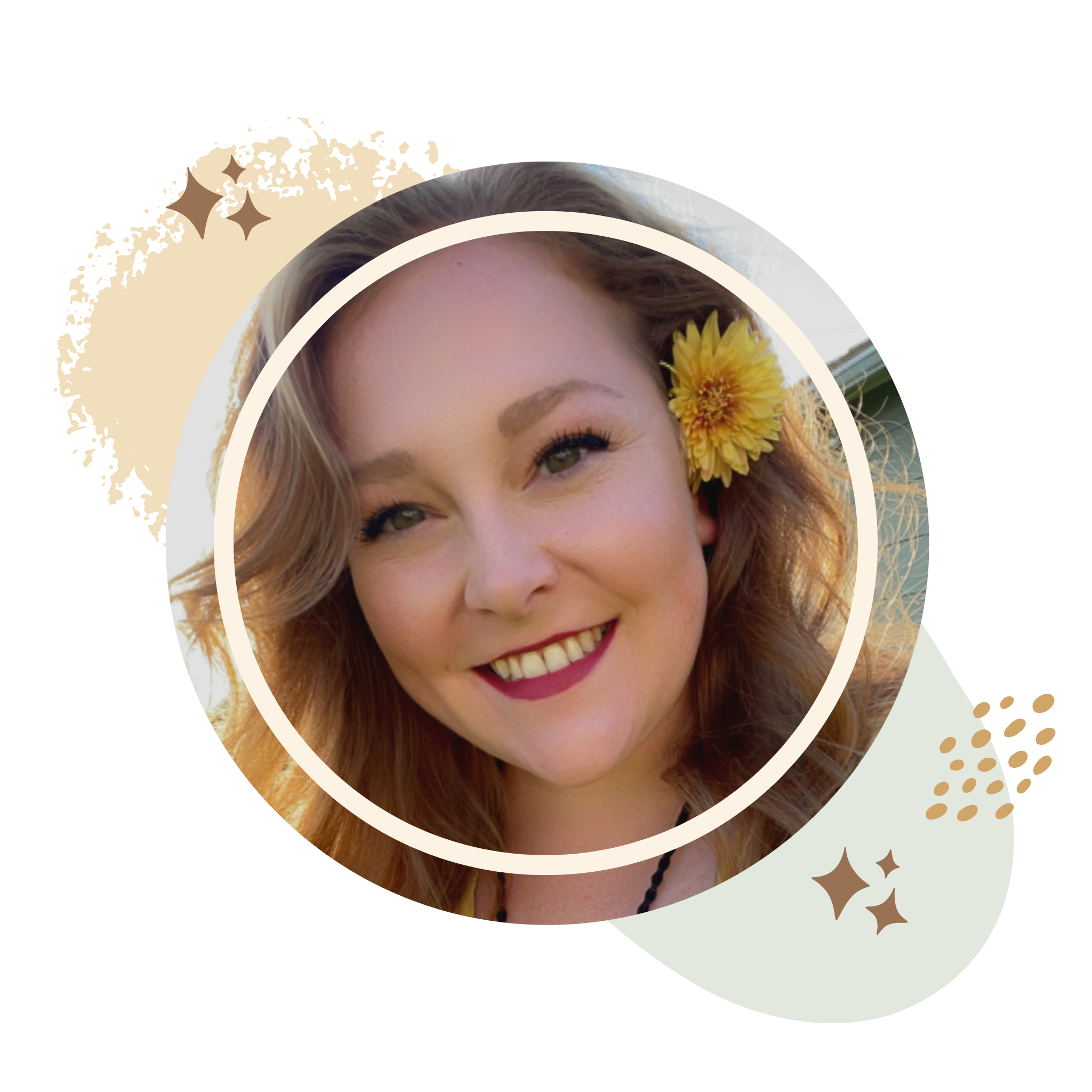To the Person Who Stole my Grandma's Salt and Pepper Shakers
- Morgana Marie

- Feb 14, 2023
- 4 min read

An Ode to the Person who Stole my Grandma's Salt and Pepper Shakers
I do not know your name or face
Only a story lives in my head
A confusion of anger, a fall from grace
But that’s not what my Grandma said
“Don’t worry, dear it is what it is,
She must have needed them more than me.”
As I child I was enamored by this
Hoping one day that I could see.
Maybe it’s not what people do or say
It’s our perception of their “why.”
Perhaps it’s as the darkness fades
We allow peace to bring the light
Had you never stolen that day
The story would never have been
As I allow judgment to die
There is space for love to begin
-Morgana Marie
A family parable of much curiosity...
The story of the salt and pepper shakers is one that always makes its way back into my life on a loop. Growing up I was convinced that it was a hoax. I was so sure that everyone who had a friend that does them wrong would and should be pissed. No way that she ACTUALLY believed that another person needed her collectibles more than her. I could not comprehend how that would not aggravate the heck out of her! (...and then I heard the story about how she gave away her brand new stove to a friend when theirs broke down. That is a story for another time, but I'm pretty convinced my grandma was a saint.) It wasn't until recently on my journey that I learned the practice of being a conscious observer. I couldn't believe someone could genuinely not get angered until I finally experienced it for myself.
The Power of Perception
Have you ever heard the story of the Chinese farmer? I recommend you check it out if you haven't. The moral of this story is that very few events can truly be judged as good or bad, lucky or unlucky, fortunate or unfortunate at the time that they occur. In many cases, only time will tell the whole story.
It's strange to say, but I almost appreciate that it happened. Had that person never stolen from my Grandma, I would not have this beautiful message to remember as I navigate through life. It became an opportunity to understand my Grandma's character, and it became something I strive to achieve in my life as well.
Neutrality
This opened a whole new rabbit hole, the deeper I go, the more confused I become. Are all experiences in life actually neutral? Is it ALL in the eyes of the beholder?
The idea of neutrality in life experiences is based on the notion that all experiences are simply part of the natural flow of life. They come and go without judgment or attachment, and they don’t necessarily have any deeper meaning or purpose. This means that we can accept them for what they are without trying to assign them any particular value or significance.
This concept of neutrality can be especially useful when dealing with difficult experiences. It allows us to acknowledge the experience without getting caught up in the emotional turmoil that often accompanies it. We can accept it for what it is without trying to make sense of it or assign blame. This can help us move through difficult times more easily and with greater resilience.
The idea of neutrality also applies to positive experiences. We can enjoy them for what they are without attaching too much importance to them or expecting them to last forever. This helps us stay grounded and present in the moment, rather than getting carried away by our emotions or expectations.
Ultimately, the concept of neutrality in life experiences is about accepting whatever comes our way without judgment or attachment. It’s about recognizing that all experiences are simply part of the natural flow of life, and that none of them have any inherent value or meaning beyond what we choose to give them. By embracing this idea, we can learn to live more fully in each moment and find peace amidst the chaos of life’s ups and downs.
“You never know what will be the consequence of the misfortune; or, you never know what will be the consequences of good fortune.”
-Alan Watts
How can I practice neutrality?
Living in flow is a state of being in which you are fully present and engaged in the moment. It is a state of mind where you are able to be creative, productive, and content. To live in flow, it is important to focus on the present moment and be mindful of your thoughts, feelings, and actions. Here are some tips for living in flow:
1. Practice mindfulness: Mindfulness is the practice of being aware of your thoughts, feelings, and body sensations without judgment or attachment. This can help you stay focused on the present moment and be more aware of how you are feeling.
2. Take breaks: Taking regular breaks throughout the day can help you stay focused and energized. Breaks can also give you time to reflect on what you’ve accomplished so far and plan for what’s next.
3. Exercise: Exercise helps to reduce stress levels and increase energy levels, which can help you stay focused and productive.
4. Get organized: Having an organized workspace or home environment can help reduce distractions and make it easier to focus on the tasks at hand.
5. Connect with nature: Spending time outdoors can help reduce stress levels and provide a sense of peace and calmness that can help you stay focused on the present moment.
6. Set goals: Setting goals for yourself can help keep you motivated and focused on what needs to be done each day or week.
7. Practice gratitude: Practicing gratitude helps to shift your focus from negative thoughts to positive ones, which can help put you in a better frame of mind for living in flow.
If you are seeking guidance in getting started on this journey to a more peaceful and empowered life, let's chat! I know how much it has changed my life, and I'm on a mission to help others experience it as well.




Comments